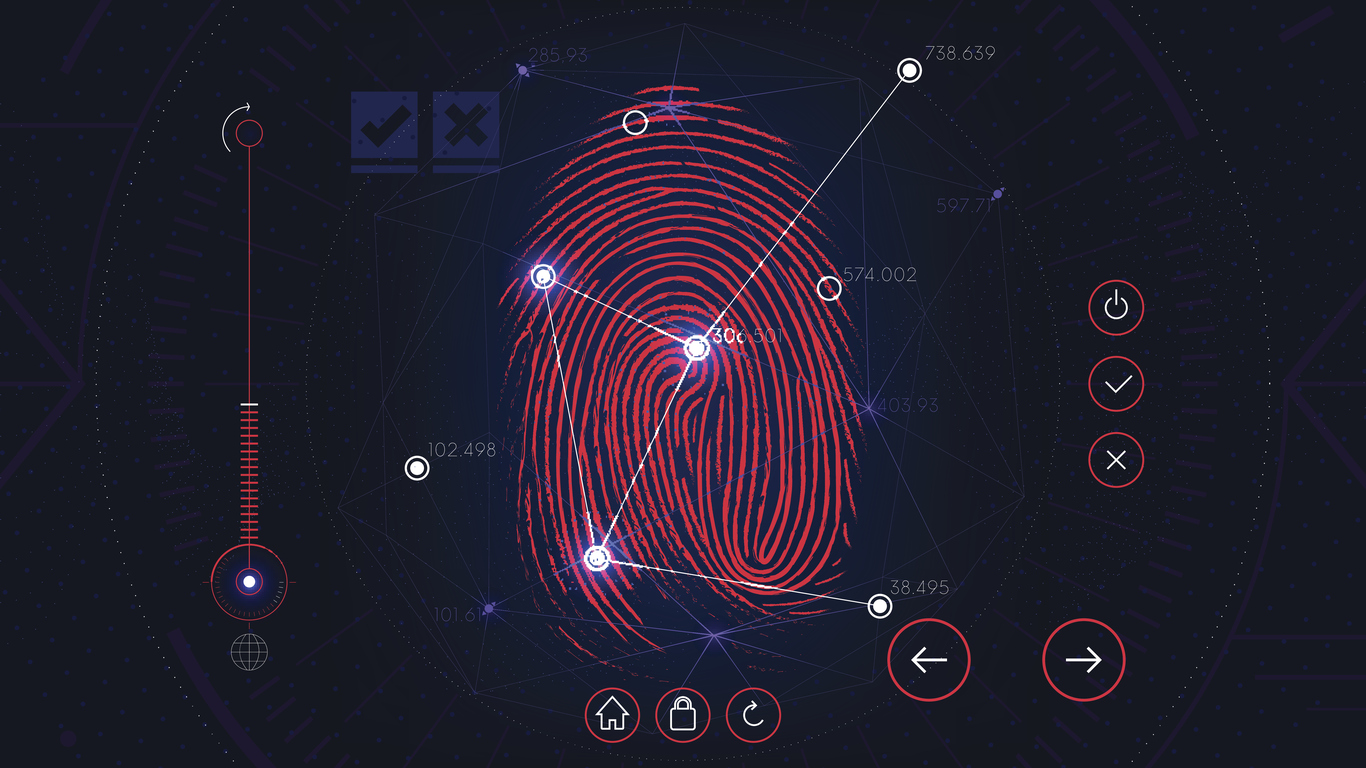Currently, most personal identity information is managed in a centralized manner resulting in a lot of data being shared without users’ explicit consent. Despite the veneer of “managed data,” most organizations can’t even answer basic questions about the data that they manage.
For example, where is all of our information located? Who has permission to use it and for what purposes can it be used? How secure are those companies systems? Who has seen the data? How current is it? No one actually knows, not the individuals who generate the data nor the companies and government that control the databases.
It seems strange when you think about it given the fact that cybersecurity is one of the most pressing concerns for businesses when it comes to risk management. Fortunately, users and companies alike are waking up to the risks of the current model.
Identity and control over personality data remains at the forefront of organization concerns given the recent passage of the European Union’s General Data Protection Regulation (GDPR). More recently, the role of centralized tech giants as digital identity brokers has come under fire in the wake of Facebook’s Cambridge Analytica scandal.
Many experts believe that blockchain will become the technology that transforms identity management. Here is how blockchain can be used for identity management and a brief look at some of the projects that are currently being implemented.
Returning Control Over Data Sharing to Individuals
Overall, the current centralized approach to identity verification gives entities far more access to information about individuals than they need. This creates opportunities for identity theft and other fraud-related consequences.
Blockchain can be used for creating and managing digital IDs that are stored on a decentralized computer system. In contrast to the current centralized model, blockchain-based identity management can be used for authentication purposes across countries. Most importantly, it allows users to decide which companies they want to share their personal data with and specify their own terms.
The concept of blockchain-based digital IDs, known as self-sovereign identity, will allow individuals to have greater control over their identities while at the same time improving individuals’ interactions with the public and private organizations that need access to their data.
Civic is a San Francisco-based company that is developing a self-sovereign ID system that utilizes the concept of identity attestation to allow consumers to selectively share information from pre-existing credentials with companies. The identity platform features a mobile app where users can enter their personal information to be stored in an encrypted format.
The company is currently working on establishing partnerships with governments, banks and other entities that can validate the individual’s identity information. The benefit of this system is that users will no longer have their identity information collected by many service providers, thus reducing their risk of identity theft.
Other projects that are currently underway which focus on allowing users to build their own user-controlled identities, akin to social media profiles, include Sovrin and uPort.
Government
Government agencies will continue to play a critical role in identity management as they are responsible for serving as the trust verification entities of individuals’ identities. Despite initial resistance by some governments to upgrade their systems, there are many opportunities to improve government identity management systems with blockchain. Additionally, changes are needed as some individuals remain underserved by current systems.
For example, Microsoft and Accenture are already teaming up in order to build a digital ID network using blockchain as a part of the ID2020 project supported by the United Nations. The purpose of the project is to provide legal identification to 1.1 billion people worldwide who lack official documents, including refugees.
The new platform will connect to existing record-keeping systems of commercial and public entities via the blockchain and will allow users to have access to their personal information from anywhere.
Additionally, the Dubai Government is working on a city-wide blockchain platform in cooperation with IBM and ConsenSys that is designed to streamline ID verification thus reducing business registration wait times. It is also digitizing citizens’ health records, contracts, and wills.
Estonia is already using a state-sponsored blockchain for its e-Estonia program, which allows citizens to make online tax payments, manage their digital IDs, participate in i-voting and access electronic health records.
Fraud Prevention
Centralized sources that contain sensitive data have become a goldmine for hackers. In fact, only 16% of banks reported that they can detect fraud as it is being attempted, according a global study conducted by the IBM Institute for Business.
In addition, there are already several new regulations that have toughened requirements for companies to ensure consumer privacy including the Revised Payment Service Directive (PSD2) and GDPR. The European is also currently negotiating the Fifth European Union Anti-Money Laundering Directive (5AMLD), which will likely have a major impact on transactional data sharing for financial institutions.
With regulations becoming more difficult than ever to enforce because they must rely on the most diverse data possible, blockchain provides companies with auditable data. In order to improve current fraud prevention measures, credit providers, insurance companies, and banks are investing heavily in blockchain identity-management solutions as a means of speeding up the application process and safeguarding their client’s data.
Implementing Blockchain Identity Management Projects
For businesses looking to implement blockchain-based identity management projects, adopting a flexible, easy-to-use, and user-centric model is the best approach. Companies should aim for full interoperability across industries and platforms. By implementing smart contracts, privacy and consensus capabilities, as well as, shared ledgers, companies can reduce the time, difficulty, and costs of identity management.
Achievion can help you assess the benefits and risks of implementing a self-sovereign ID system for your organization. Contact us today for a free consultation and review of your project.









